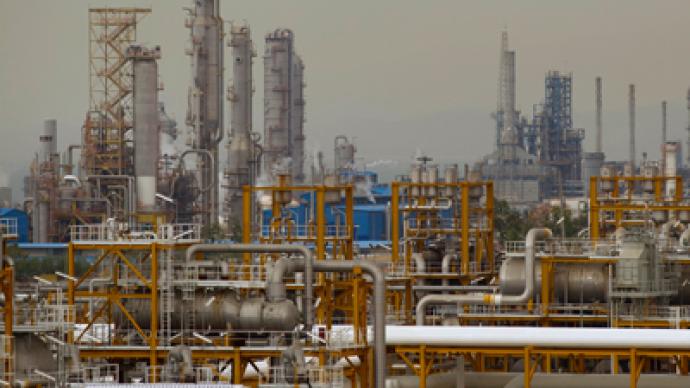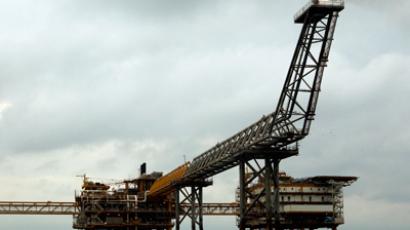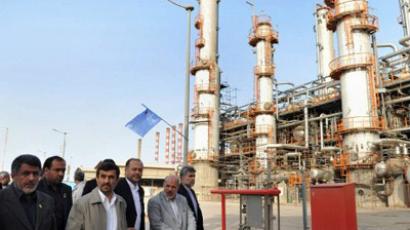Crushing Iran economically: Good enough for Israel?

The main advocate of a military strike on Iran seems to have shifted ground to try and annihilate the country with crippling sanctions instead. Israeli Ynet reports that the majority of Israel’s defense chiefs are against a military solution.
Israeli Defense Forces Chief of Staff Lt. Gen. Benny Gantz is among those seven members of Benjamin Netanyahu's special nine-minister security forum who oppose the idea of an immediate attack on Iran.“Without Gantz's support the chances of mounting a strike are slim,” a political source told Ynet.Gantz, together with Deputy Prime Minister Moshe Yaalon, Kadima Chairman Shaul Mofaz and Ministers Dan Meridor, Benny Begin, Eli Yishai and Yuval Steinitz, is advocating the idea of “reducing the Iranian economy to rubble,” the report says.“Israel has to push the international community to impose further sanctions on the Iranian economy,” the same source said. “That's what's important right now.” Israel’s official stance on the Iranian issue is that “all options” are still on the table. Prime Minister Benjamin Netanyahu and Defense Minister Ehud Barak have repeatedly stressed that a nuclear Iran poses an existential threat to Israel. They believe the problem should be dealt with as soon as possible, as all the sanctions seem to fail to stop Iran from continuing its uranium enrichment program.Although the US and EU have almost total economic embargo imposed on Iran, they are still far from destroying the Islamic Republic’s economy. Current sanctions affect foreign trade, financial services, energy sectors and export of technologies to Iran. In January 2012, the EU also agreed to put a ban on oil trade with Iran, which will affect about a quarter of OPEC’s second-biggest oil producer’s profits. In response, Iran stopped oil sales to Greece, Spain and Germany and halted supplies to Britain and France earlier this year without waiting for an embargo to come into full effect in July.The Islamic Republic’s biggest buyers – China, India and South Korea – are still purchasing Iranian crude, though thought facing a piling pressure from the US to reduce their imports. Turkey, Japan, South Korea have already reduced their imports from Iran.The EU also banned the provision of insurance to Iranian-owned companies by insurers in member states, which caused fears that major tanker companies would stop loading Iranian oil.The hardest blow to Iran’s oil-dependent economy was a cutoff of Iranian banks, including the central bank, from SWIFT in March 2012. The idea was to force Iranian economy collapse as a result of not being able to accept wire payments in US dollars. The Iranians however, have managed to circumvent payment problems, at least partially, by accepting payments in cash, gold and regional national currencies.The possible use of force against Iran to stop it from enriching uranium has been discussed by Israel and its Western allies for months. On May 27, US Defense Secretary Leon Panetta stated that the US is ready to do everything it can to prevent Iran from developing a nuclear weapon, while the American envoy to Israel earlier said that the military option is “fully available.” Meanwhile, negotiations between the P5+1 group and Iran failed to produce a result as both sides refused to budge on the nuclear issue. While Iran claims it has an undeniable right to enrich uranium for its civilian purposes, the West seems to only accept an outcome where Iran drops all enrichment and imports nuclear material instead.














